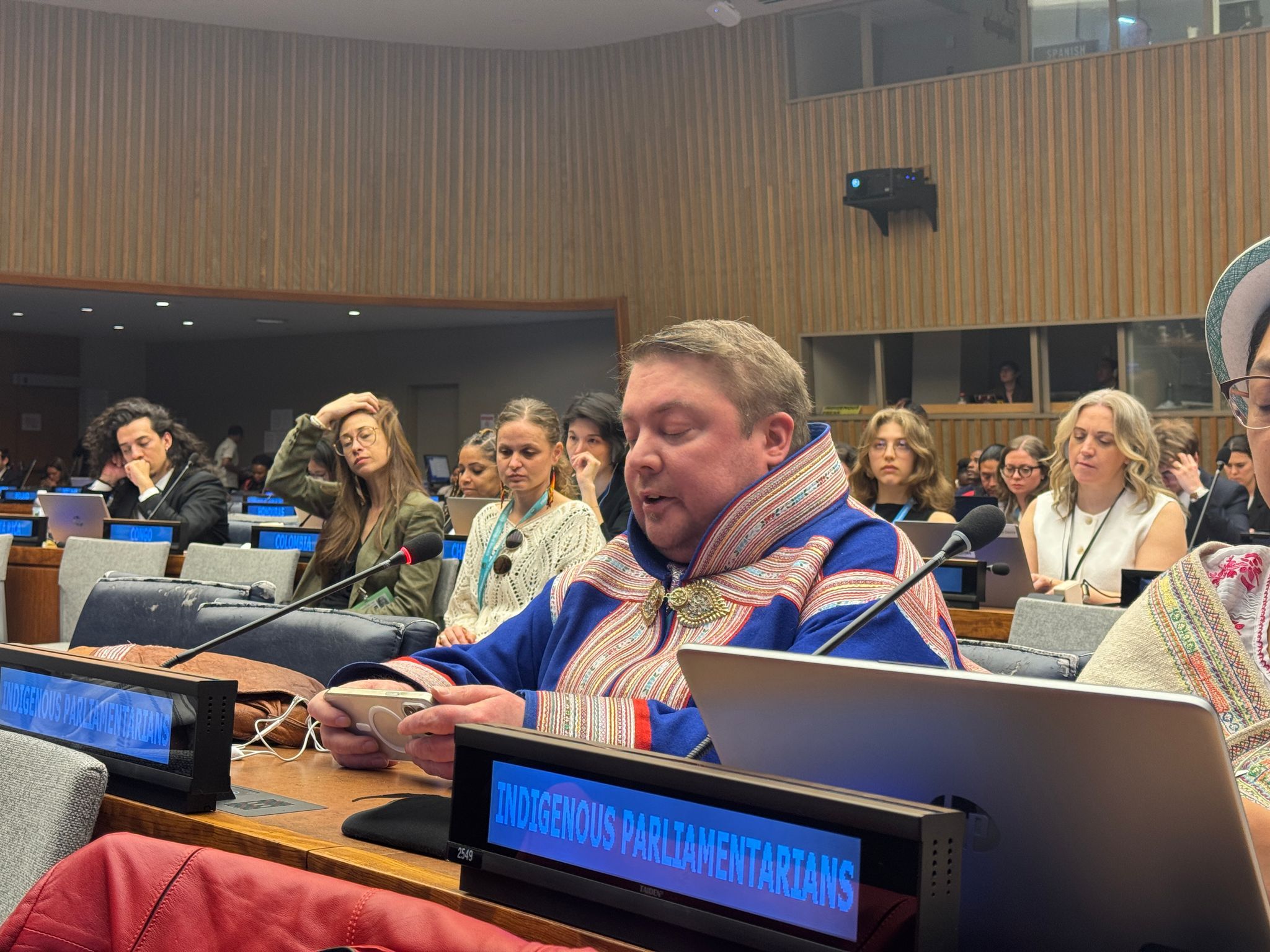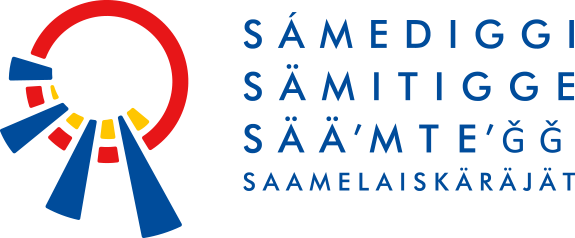The UN Human Rights Council affirmed its commitment to the rights and participation of Indigenous Peoples – Sámi Parliament at the forefront of advancing the right to participate
On the 6th of October 2025 in Geneva, the UN Human Rights Council adopted the resolution titled Human Rights and Indigenous Peoples, reaffirming its commitment to promoting the rights of Indigenous Peoples and the implementation of the UN Declaration on the Rights of Indigenous Peoples (2007).

The resolution highlights the central role that Indigenous Peoples have in advancing human rights, environmental protection, and climate action, as well as the right of Indigenous Peoples to participate in decision-making processes that affect them at the international level.
“I consider it to be extremely important that Finland supports the resolution and its provisions aimed at strengthening Indigenous Peoples’ right to participation,” says the acting President of the Sámi Parliament, Tuomas Aslak Juuso.
Process concerning the Indigenous Peoples’ right to participate – Sámi Parliament at the forefront of the work
In accordance with paragraph 19 of the resolution, the UN Human Rights Council will continue discussions on the participation of representative institutions established by Indigenous Peoples in the Council’s work. These discussions are guided by principles such as self-determination, self-identification, flexibility, regional balance, non-discrimination, transparency, and accountability.
The Enhanced Participation process, which focuses on strengthening opportunities for Indigenous Peoples to participate in various UN bodies, has been one of the Sámi Parliament’s international priorities for several years. The aim is that in the future, a representative body of Indigenous Peoples such as the Sámi Parliament could participate independently in the work of the UN Human Rights Council, without having to do so through state delegations.
Tuomas Aslak Juuso, Vice President of the Sámi Parliament, has served as Chair of the Indigenous Coordinating Body (ICB), established to support the process, during the years 2020–2025.
“Over the past five years, we have made significant progress, particularly within the UN Human Rights Council. For example, in September 2024, Indigenous Peoples were, for the first time in history, able to address the UN Human Rights Council in their own capacity as Peoples,” says Juuso.
“Although the disappointments of 2017 at the UN General Assembly – when efforts on behalf of Indigenous representative bodies did not yield the desired outcome – are still remembered, it is encouraging to see steps forward within the Human Rights Council. However, it is important to emphasise that the ultimate goal of a resolution recognising a distinct category for Indigenous Peoples still remains to be negotiated and achieved,” Juuso continues.
“The process is important, and the Sámi Parliament has been at its centre for many years. The Sámi Parliament is not a non-governmental organisation, but an elected body that represents the Indigenous Sámi people. From the perspective of international law and the right to self-determination, it is essential that the Sámi Parliament has the right to participate independently in the UN’s deliberations on matters that concern us,” Juuso states.
The Sámi Parliament continues its active engagement in the process together with other Indigenous representative bodies, UN mechanisms, and the Finnish Government, with the aim of strengthening the voice of Indigenous Peoples in UN decision-making.
Resolution: Human rights and Indigenous Peoples
More information
Tuomas Aslak Juuso
Acting President
+358 40 687 3394
tuomas.juuso@samediggi.fi
Inka Saara Arttijeff
Secretary for International Affairs
+358 10 839 3198 / +358 50 574 7629
inka-saara.arttijeff@samediggi.fi



